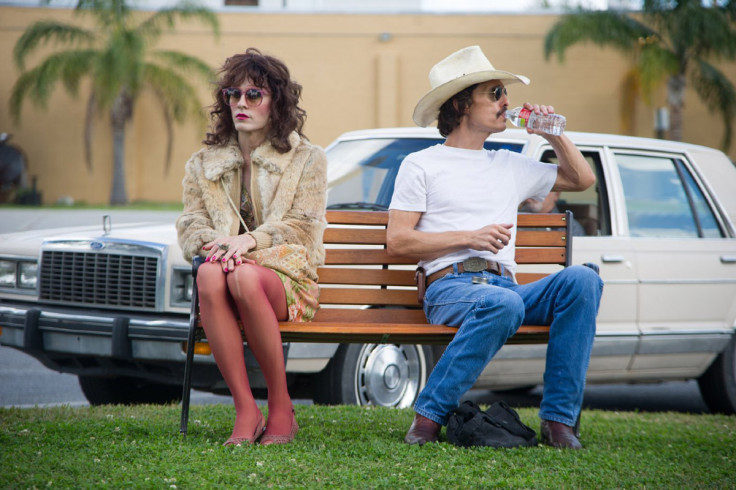Dallas Buyers Club: Australian judge refuses to unmask 4,726 alleged movie pirates

Voltage Pictures, the Hollywood studio behind the Oscar-winning film Dallas Buyers Club, has dropped its two-year-long battle seeking compensation against Australian pirates for illegally downloading the film, after Australia's federal court refused to unmask the alleged copyright infringers. In April 2015, Australian Federal Court Justice Nye Perram granted Voltage Pictures permission to access the names and addresses of 4,726 people whom the studio believed had illegally downloaded the film.
The studio wished to contact the alleged pirates and demand compensation, but Justice Perram put a temporary stay on access to the information because he wasn't convinced that Voltage Pictures wouldn't try to threaten the affected individuals and extort large sums of money from them, since the studio was based in the US, where practices of speculative invoicing are used.
Over the next few months, the studio submitted several versions of proposed correspondence with the alleged pirates, but the judge refused all versions of the letter.
Negotiations for alleged pirates' contact details
Eventually in August 2015, he then decided to allow Voltage Pictures access to the individuals, but with strict conditions in place, such as insisting that the studio could only seek damages from the alleged pirates for the exact cost of obtaining the film, as well as some out-of-pocket expenses. If the studio violated these conditions, it would have to forfeit a bond of A$600,000 (£295,000, $427,000).
Voltage Pictures decided to contest the decision in September 2015, and instead asked for access to the contact details of only 472 alleged pirates, offering to put up a reduced bond of A$60,000 instead if they were granted permissions to seek further compensation from these individuals, but Justice Perram rejected the request in December 2015, with the proviso that the case should be completely thrown out of court on 11 February 2016 if no further action was taken.
So now the studio has had to give up its lawsuit, and the case has set a precedent. In future, if copyright holders and their lawyers attempt to use speculative invoicing to send threatening letters demanding compensation to Australian citizens and residents, the Australian courts will likely throw such cases out.
"The worst nation for piracy on the planet"
In June 2014, Australia's Attorney General George Brandis called the country the "worst nation for piracy on the planet" because the country has less laws to protect copyright creators than other countries.
Although Netflix has now launched down under, at the moment, there are over 200,000 Australian households that are still illegally accessing the US version of the video streaming service using virtual private network (VPN) services, which aim to hide their geographic locations.
To the people who do this, they feel that they are at least paying for the service, as opposed to using torrent websites to illegally download content like the Dallas Buyers Club, in which case copyright holders don't get any money from it at all, but copyright holders, who have different licensing agreements with Netflix in different territories, take a dim view of this.
© Copyright IBTimes 2024. All rights reserved.






